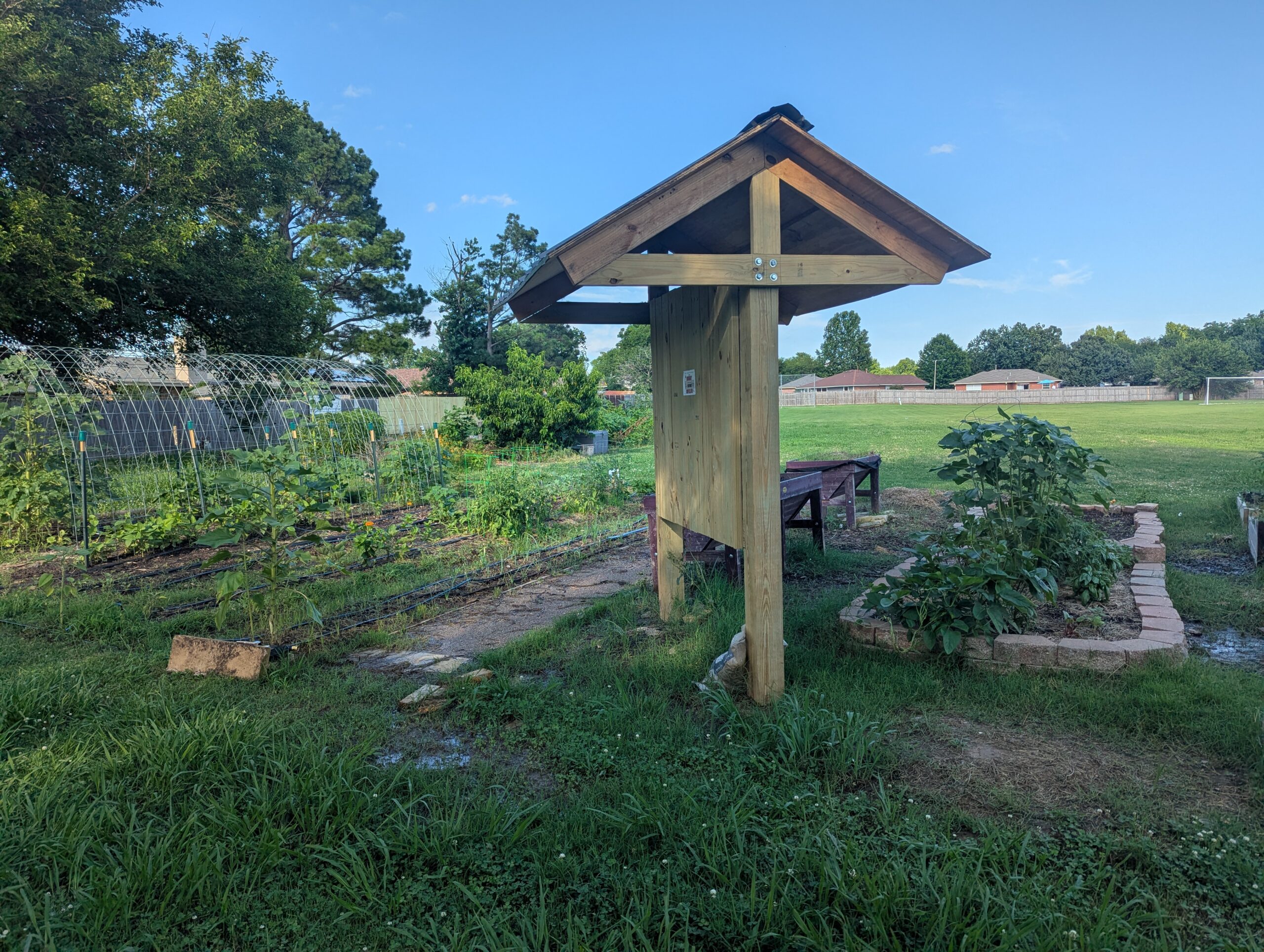The National Council on Public History (NCPH) annual meeting in Pensacola got off to a sunny start on Wednesday, April 6, 2011, with a reception overlooking the bay from the lawn of the 1825 Barkley House in Historic Pensacola Village. Historic Pensacola is a collection of 28 historic buildings maintained and interpreted by West Florida Historic Preservation in partnership with the University of West Florida.
Historic Pensacola
Sessions take place at Historic Pensacola and the Pensacola Grand Hotel, a property whose lobby incorporates the repurposed 1912 L&N passenger railroad depot. Several tours helped attendees learn about the city. To read more about the conference, including the first ever NCPH THATCamp, see the NCPH conference blog. You can also follow the conference on Twitter at #ncph2011.
Civil War Sesquicentennial
Thursday evening featured a public plenary on the role of public history in the upcoming Civil War Sesquicentennial. The public joined conference goers in a packed ballroom for a roundtable featuring Carroll Van West, director of the Tennessee Civil War National Heritage Area and co-chair of the Tennessee Civil War Sesquicentennial Commission; Michael A. Allen, Community Partnership Specialist for The Gullah Geechee Cultural Heritage Corridor/Fort Sumter National Monument and Charles Pinckney National Historic Site; Connie Lester, University of Central Florida and editor of the Florida Historical Quarterly; Dwight Pitcaithley, New Mexico State University and retired National Park Service chief historian; and Timothy B. Smith, University of Tennessee at Martin and author of several books on battlefield preservation.
Historical scholarship and practices and approaches for interpreting history to the public have both come a long way since the commemoration of the Centennial of the Civil War in the 1960s, which largely avoided thorny issues of race and citizenship. Doing good history during the Sesquicentennial will mean confronting tensions between the Civil War of scholarship and the Civil War of popular memory, leading to clashes with those who vehemently contend that the causes of secession were, in Pitcaithley’s words, “Anything But Slavery.” Allen, who, as he reminded the audience, is launching events commemorating the battle of Fort Sumter at 8:30 a.m. Saturday morning, argued that historians can tell the difficult, painful, and sensitive story of the war only by engaging with community partners, a common strategy for interpreting controversial histories that is particularly challenging when it can mean arranging a meeting between representatives of the NAACP and Sons of Confederate Veterans.
Follow along with the NCPH 2011 annual meeting on their conference blog.
Debbie Ann Doyle is the AHA’s administrative manager and public history coordinator.
This post first appeared on AHA Today.
This work is licensed under a Creative Commons Attribution-NonCommercial-NoDerivatives 4.0 International License. Attribution must provide author name, article title, Perspectives on History, date of publication, and a link to this page. This license applies only to the article, not to text or images used here by permission.


